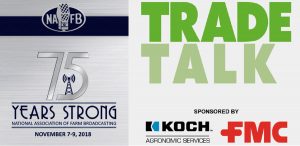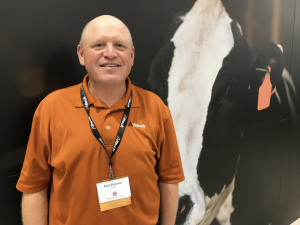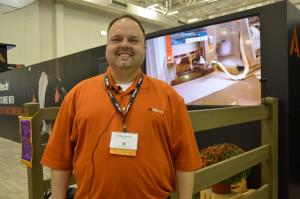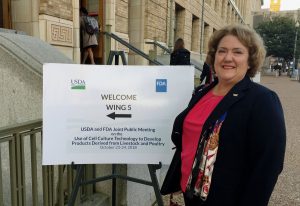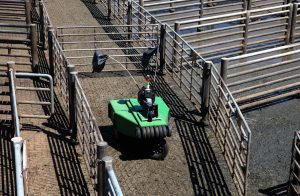 Dairy farmers must be diligent when it comes to managing mycotoxin levels and reducing the potential effects in feed.
Dairy farmers must be diligent when it comes to managing mycotoxin levels and reducing the potential effects in feed.
Because mycotoxins are a byproduct of molds found in the field, that is the place to begin. But strobilurin-based fungicides are not always the best answer based on university research, according to Brian Springer, North American Technical Manager with Alltech Crop Science.
“They’ve found that if you go and you get a particular type of fungicide that’s in the strobilurin-based family, then what happens is those mycotoxins react to that, and they actually get worse instead of better. So it actually causes them to go under stress,” said Springer. “We approach with a natural approach from Alltech Crop Science, and we do not trigger that same response.
Springer said farms with a history of high mycotoxin loads need to look at the residue in the fields ahead of time because molds are carried over from one season to the next. Another key time is the growing point during the tassel process, as that’s when mycotoxins actually infect the grain.
Springer was at the 2018 World Dairy Expo in Madison, Wisconsin.
Listen to Jamie’s interview with Brian here: Interview with Brian Springer, Alltech
2018 World Dairy Expo Photo Album
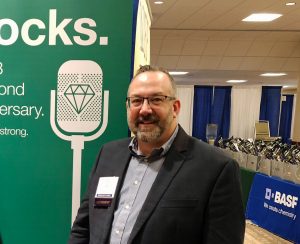 The 2018 National Association of Farm Broadcasting Convention is marking the diamond anniversary of the meeting, which has been held in Kansas City for about 45 of those 75 years.
The 2018 National Association of Farm Broadcasting Convention is marking the diamond anniversary of the meeting, which has been held in Kansas City for about 45 of those 75 years.

